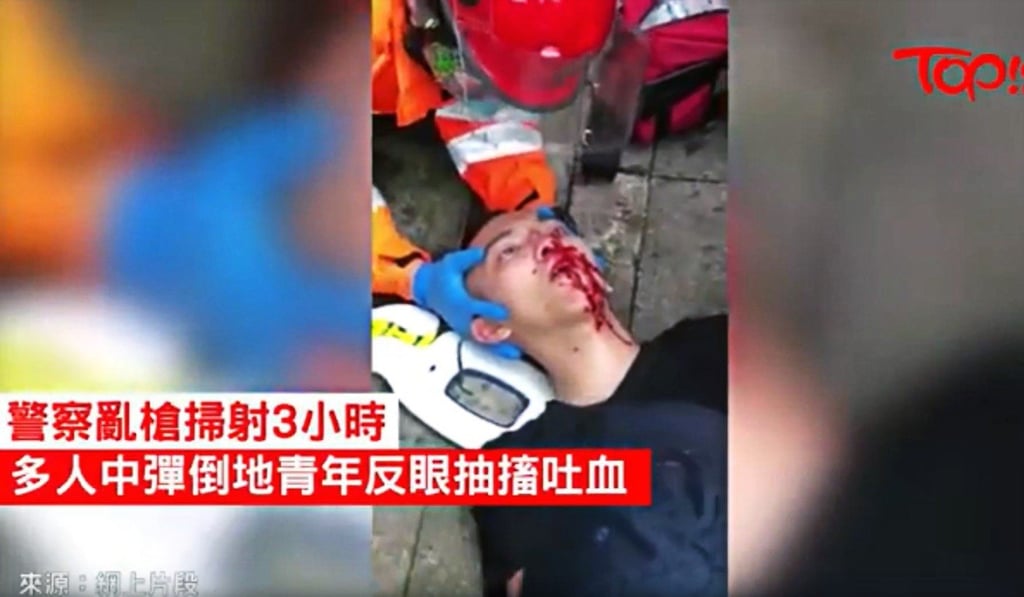Advertisement
Mental health, the victim on all sides of Hong Kong’s extradition bill crisis
- Four deaths, an increase in patients suffering depression, and police seeking counselling: experts warn the city is facing a mental health crisis
- Even people not involved in the protests are vulnerable
Reading Time:6 minutes
Why you can trust SCMP

Rachel Cheungin Shanghai
Over the past three weeks, Kwong has barely slept. “Whenever I close my eyes, I can hear only the sound of gunshots,” says the 30-year-old, recalling the scene on June 12 when police fired rubber bullets and tear gas at protesters demanding the withdrawal of a bill that would clear the way for ad hoc extradition arrangements from Hong Kong to other jurisdictions including mainland China.
Advertisement
One image in particular haunts him: the bandaged face of a protester being carried onto an ambulance. Kwong now knows this was a secondary school student who, bleeding profusely after being hit in the face with a tear-gas canister, appeared in a video that went viral on social media.
“People were cheering him on, but all I remember were his lifeless eyes,” says Kwong, who asked for his full name not to be revealed.
The doctoral student at the University of Oxford in Britain, who is also a visiting lecturer at a local tertiary institution, now spends much of his time – in between attending rallies and protests against the bill – sobbing inconsolably.

Advertisement
After nearly four weeks of unprecedented protests against the extradition bill, experts are warning that Hong Kong faces a mental health crisis.
In that short space of time, four deaths and various attempted suicides have been linked to the protests, as has an uptick in the number of patients checking in to community centres with mental health complaints.

Advertisement